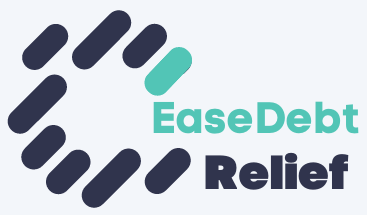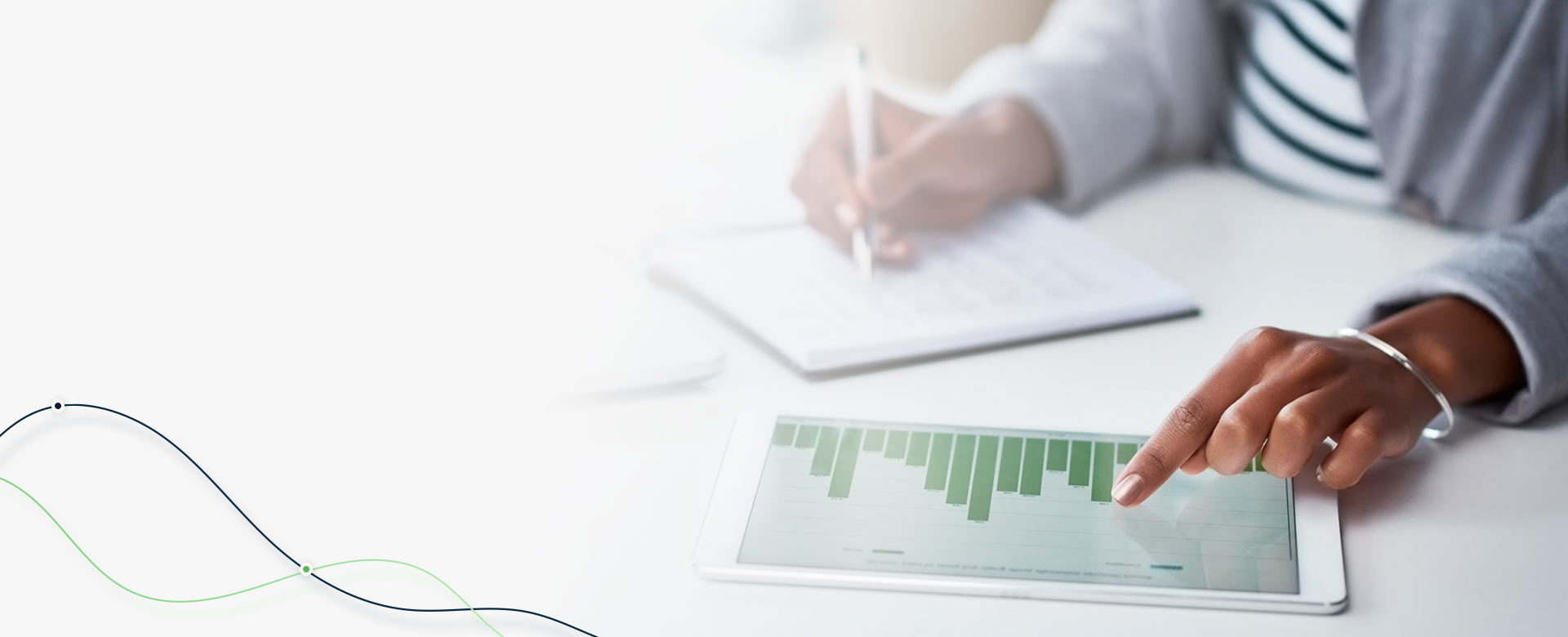Should You Use A Personal Loan To Pay Off Credit Card Debt?
Do you think using personal loans to pay off credit card debt is a good idea? Some people might say no. When you think about it, it’s like filling one hole by digging a new one. Instead of getting out of debt, you are just moving it around, which hardly seems like a solution to your credit situation.
As the name implies, a personal loan is any loan issued for a personal consumer as opposed to a business. Examples include auto loans, mortgage loans, personal loans, and student loans.
This type of loan enables people to borrow a predetermined amount of money that is paid out in a lump sum. It is then repaid over time, typically in regularly scheduled monthly payments.
They typically come with a fixed interest rate and fees that vary for each lender. If you are thinking about applying for a personal loan, there are some pros and cons you may want to consider first.
According to Investopedia, the advantages of installment loans could include:
- One lump sum
- Fast funding times
- No collateral requirement
- Lower interest rates
- Flexibility and versatility
- Extended loan terms
- Easier to manage
There are also disadvantages you should know, including:
- The risk of default and loss of collateral
- Interest rates can be higher than alternatives
- More eligibility requirements
- Fees and penalties can be high
- Additional monthly payment
- Increased debt load
- Higher payments than credit cards
- Potential credit damage
How personal loans were replaced by credit cards
Despite charging higher interest rates, the tide turned as more people began turning to credit cards for extra funds. Convenience and quick access likely had something to do with this trend.
If you want to borrow money through a personal loan, you need to get approval. This entails a process that usually requires you to file an application and wait to see if you qualify.
On the other hand, you only have to apply once for a credit card. After you receive approval, you typically keep on using it as long as you don’t exceed the credit limit. The only wait you experience to use the credit available is how long it takes to grab the card out of your wallet.
An unfortunate observation regarding credit cards is that their high interest rate doesn’t seem to deter many consumers from spending more than they can afford. With credit limits often being much higher than one’s monthly budget, it can be all too easy to overspend and worry about the consequences later.
With a personal loan, consumers may be more conscious of the amount of debt. The likelihood that they will borrow as much as credit card users is probably not likely to happen. Determining if a personal loan is better than credit card debt depends on several factors, including how much money you need, how soon you want to pay it back, and what you’re using it for.
Move over credit cards, it’s now all about online loans
Online lending is gaining appeal, largely due to its convenience and lower interest rates when compared to credit cards. So far, the most trending is peer-to-peer lending (P2P), also known as social lending.
P2P lending is a form of financial technology that connects borrowers directly to investors, thus cutting out the middleman. In this case, it eliminates the need for financial institutions to get involved.
The list of P2P lenders includes Prosper, Upstart, and StreetShares. Whichever site you choose to work with sets the rates and terms, so it’s important to shop around.
Wondering how this type of lender can afford to offer lower interest rate loans? You’ll find the three reasons below.
Lending companies don’t profit from the loan
P2P lending companies do not earn money from the loan itself – they profit from the service they provide and the origination fees. In most cases, the costs should be very transparent and can be viewed on a company’s website.
Money comes from investors in the community
In P2P lending, personal loans are funded by investors who are ordinary people with money to spare. They may not be as profit-driven as banks, which could make them more likely to offer lower interest rates.
All the personal loans offered through Upstart include a fixed interest rate that ranges between 4.6% – 35.99%—depending on your education, work experience, and credit history.
That isn’t half bad when you compare it to incredibly high credit card rates that currently average 24%.
Transactions take place online
The last reason why P2P lenders can typically afford to offer lower interest rates is because all transactions take place online. Since their overhead expenses may not be as high as brick-and-mortar banks, they don’t have to charge as much interest to cover those costs.









